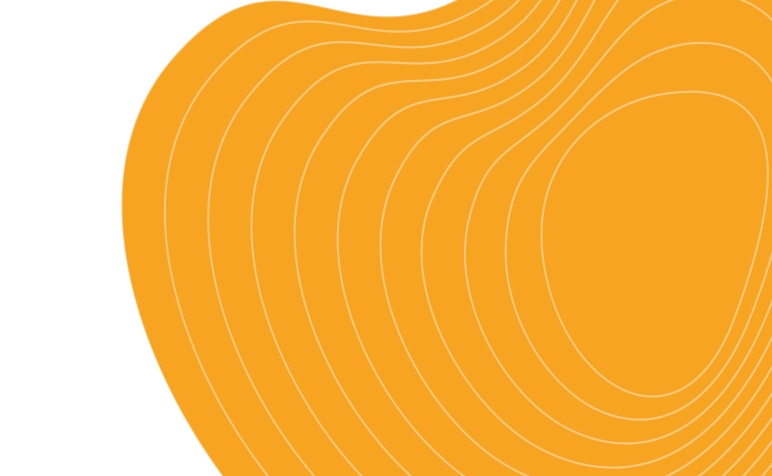
Family therapy is a rewarding field focused on helping families improve communication, resolve conflicts, and strengthen relationships. Degree programs in family counseling prepare students to become skilled professionals who can work in a variety of clinical and counseling settings. This article outlines the core courses, elective options for specialization, and potential career paths available to those pursuing a degree in family therapy.
Core Courses in a Family Counseling Degree Program
-
Introduction to Family Therapy
Covers foundational concepts, theories, and models of family therapy, including systemic thinking and relational dynamics. -
Human Development Across the Lifespan
Explores the stages of human growth and development, emphasizing the impact of family and social contexts. -
Couples Therapy and Relationship Counseling
Focuses on strategies and techniques for counseling couples, including conflict resolution and emotional intimacy enhancement. -
Psychopathology and Diagnosis
Provides an overview of mental health disorders and their impact on family systems, with a focus on diagnostic criteria. -
Group Therapy Techniques
Introduces methods for leading family therapy groups, including communication exercises and group dynamic management. -
Cultural Competency in Family Therapy
Examines the role of culture, ethnicity, and socioeconomic factors in family dynamics and counseling approaches. -
Ethics and Legal Issues in Counseling
Covers ethical principles, confidentiality, and legal guidelines related to working with families and individuals in therapy. -
Crisis Intervention and Trauma Counseling
Teaches approaches for working with families dealing with trauma, including grief, abuse, and loss. -
Assessment and Evaluation in Family Therapy
Focuses on assessing family functioning, using tools such as genograms, interviews, and psychological assessments. -
Internship in Family Therapy
Provides hands-on experience under supervision in a clinical setting, allowing students to apply their knowledge in real-life scenarios.
Electives for Specialization
-
Substance Abuse and Family Therapy
Covers approaches for working with families affected by addiction and substance abuse. -
Child and Adolescent Counseling
Focuses on therapeutic techniques for working with younger clients and their families. -
Marriage Enrichment and Pre-Marital Counseling
Teaches skills for counseling engaged couples and improving marital satisfaction. -
Family Mediation and Conflict Resolution
Emphasizes strategies for resolving high-conflict family disputes, including divorce and custody issues. -
Spirituality in Family Therapy
Explores how spiritual beliefs and practices influence family dynamics and therapy approaches.
Common Career Paths
Graduates with a degree in family therapy or counseling can pursue various careers in counseling and related fields, including:
- Licensed Marriage and Family Therapist (LMFT)
- School Counselor
- Substance Abuse Counselor
- Mental Health Counselor
- Family Case Manager
- Youth and Family Services Specialist
- Clinical Director
- Social Services Coordinator
A Degree in Family Counseling
A degree in family counseling equips students with the skills and knowledge to help families navigate complex emotional, social, and psychological challenges. With courses covering core topics like couples counseling, ethics, and cultural competency, graduates are well-prepared for careers in clinical, educational, and community settings. Specialization options allow students to tailor their education to specific interests, such as addiction counseling or child therapy.
More reading:





